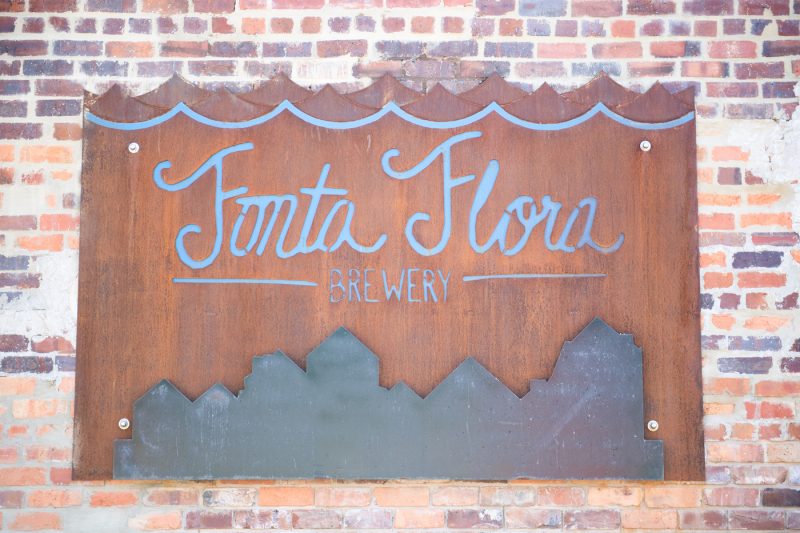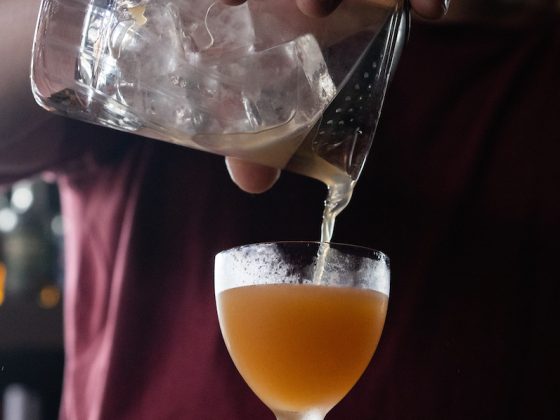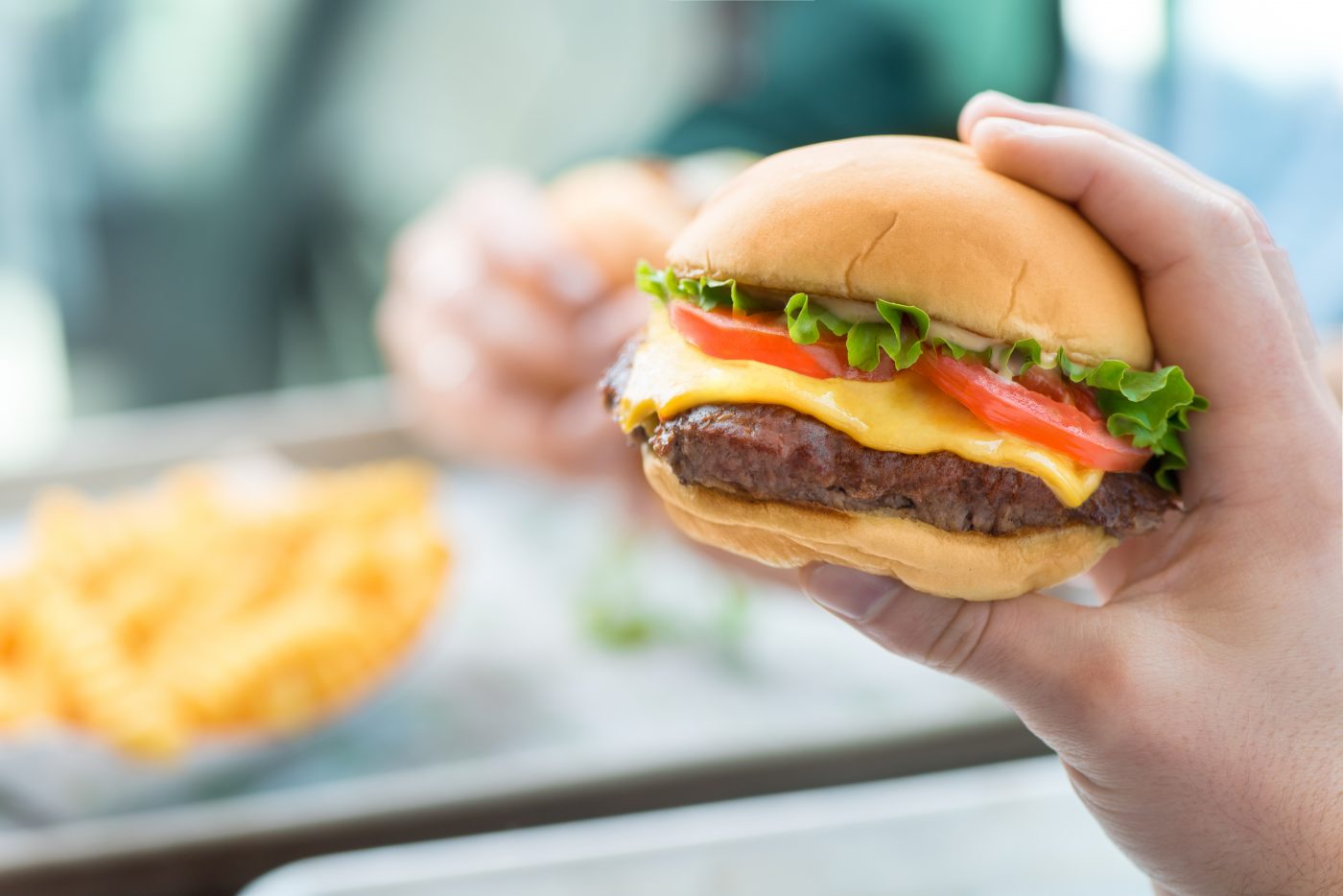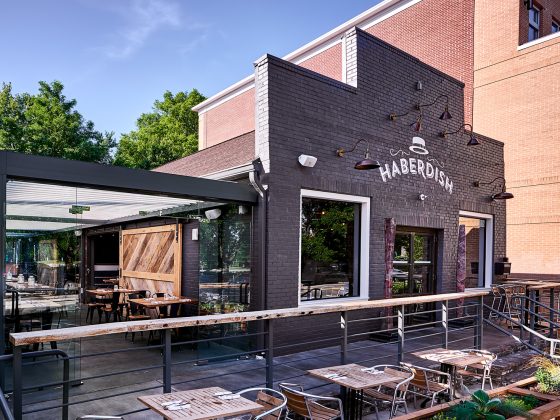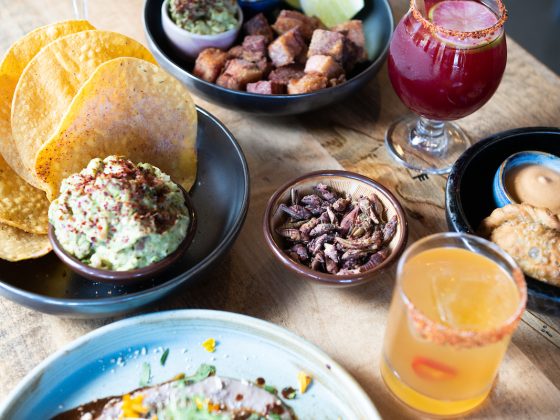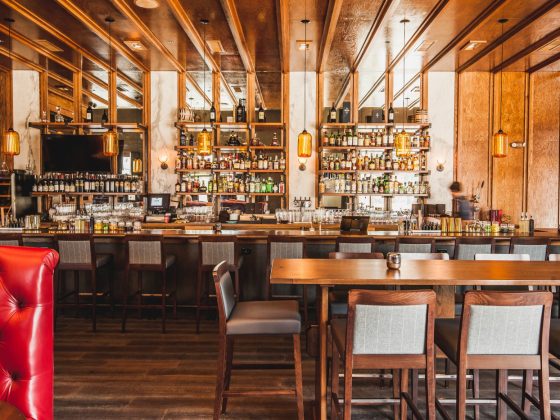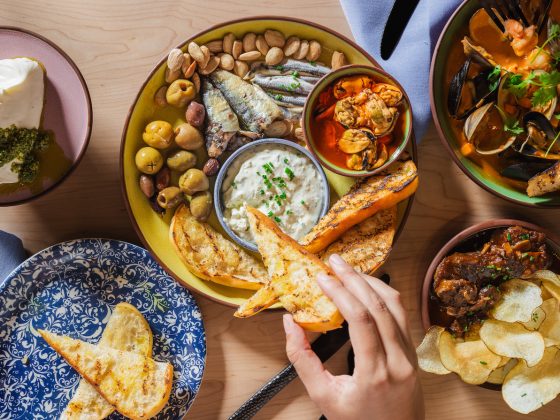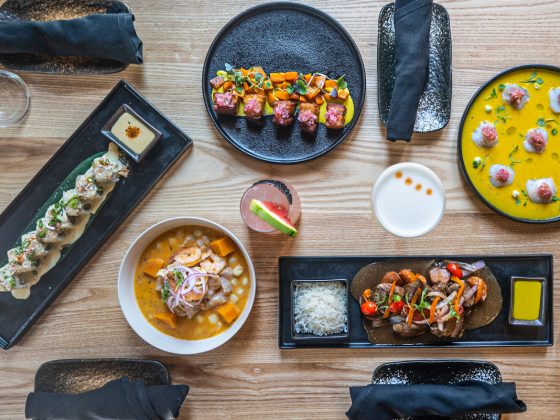Fonta Flora at Optimist Hall is the newest addition to the Charlotte beer scene, bringing artisan Appalachian-flora-inspired brews to Optimist’s many visitors. With two other locations at WhippoorWill Farm and Morganton, Fonta Flora is excited to create a new hot-spot gathering place at Optimist Hall that mixes Belgian brewing inspirations and North Carolina flora flavors. Fonta Flora combines art to the regular brewing process by utilizing local artists in creating art out of the medium of fermentation. This unique process brings the Charlotte community closer by uniting brews and artists.
Head of Brewing Operations Todd Boera answered some of our questions about their goals for the community, their inspiration, and what’s next for the Optimist Hall location.
What motivated you to open a taproom at Optimist Hall?
The original concept for starting Fonta Flora Brewery was centered around it being a community gathering place that also happened to make world-class beers. For years, we noticed a great deal of tourism to our original location in Morganton, specifically from the Charlotte area. The goal was to create the same community gathering space in a market that had been supporting us for years.
Tell us about the taproom. And who did the design?
The taproom is adorned with custom woodwork throughout, including a custom-made bar top which also showcases beautiful metalwork of one of our sub logos set into the bar. You will also find our unique, hand-forged Appalachian blacksmithed “leaf” tap handles being pulled to pour each and every one of our beers.
With a modest indoor space of about 1,500 square feet, it has a very comfortable and warm feeling. If the outdoors suits you, we have an expansive outdoor grassy area with shaded picnic tables and also an outdoor ordering window. Most of the initial design was done by the four Fonta Flora owners while Brit Josa did all of the fine-tuning to curate the space into something original yet familiar.
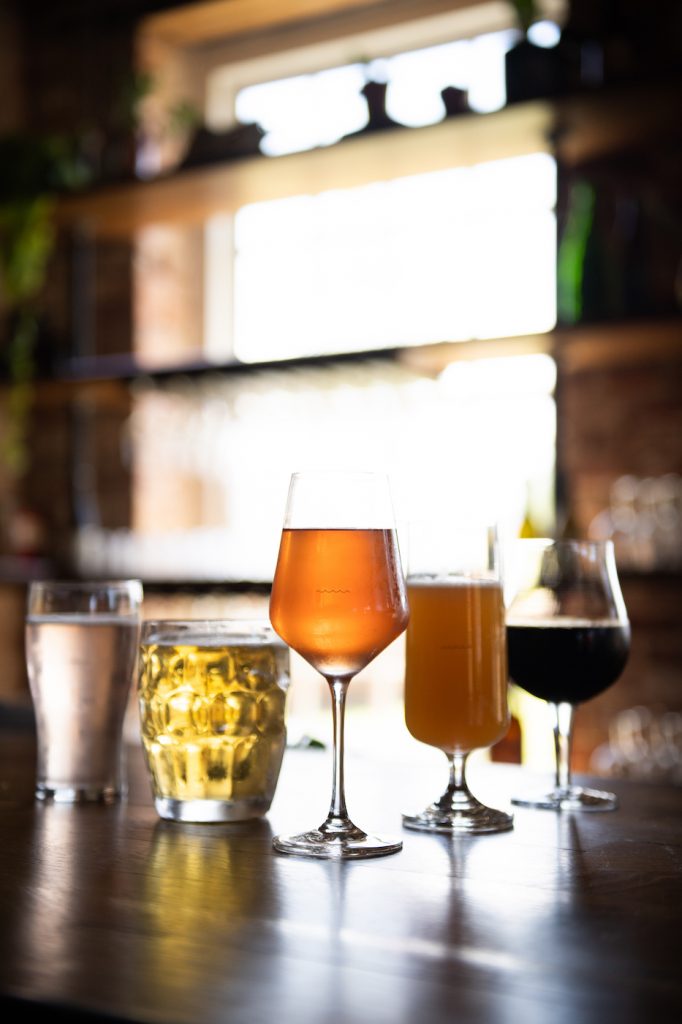
You are known for your “artisan approach” to craft brewing – what does that mean to you?
We employ many archaic methods to create our beers. By designing equipment to allow us to brew with unique ingredients, we are able to offer truly one-of-a-kind beers. For us, everything is hands on and we put so much attention and detail into all of our beers. I think early on, folks associated us with “weird” beers from our love of unique botanicals.
Though we still make plenty botanically inspired beers, we also have a fine lager program. In fact, most of our beer production currently consists of lagers, something I never thought I would see happen. But even with our lager program, we are giving these beers 6-8 weeks of fermentation and lagering, which is certainly not commonplace. And from there, we are utilizing old world techniques such as decoction mashing and spunding and/or krausening these beers during fermentation. The long and short of it is that we take a lot of pride in how we create our beers.
How do the Flora and Belgian tradition and flavors inspire Fonta Flora’s craft beers?
For us, our most intimate “ah-ha!” moments in beer all came from Belgian brewing tradition. Those were the first styles of beer that totally blew us away and still do. Though we don’t brew as many Belgian-style beers as we used to, those techniques and concepts are always at work. With the addition of a coolship a few years back, we have been brewing our interpretation of the Belgian-style lambic. Those blends will start being released in the next few years.
Do you source from any local vendors?
We source all of the fruit, grains, and botanicals locally. For instance, just this season we purchased 6,000 lb of strawberries, 5,000 lb of peaches, and 2,000 lb of plums all from Barbee Farm in Concord, North Carolina, whom we have been partnering with for years now on purchasing local fruit.
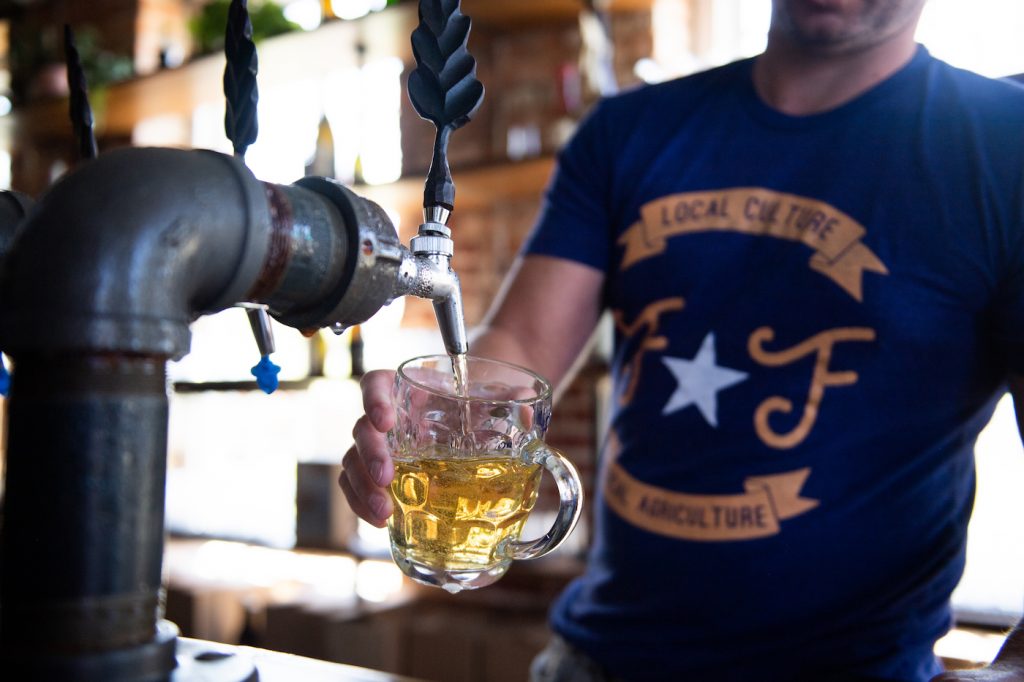
What is the brewing process like?
The complex answer is that we do things vastly differently than just about every other brewery out there. First of all, all of the grain that we use is grown and malted in North Carolina. Along with that, we utilize hard-to-find varieties of grains to help make our beers truly unique. Our farmhouse brewery in Nebo, North Carolina grows all of the corn we use in our Lake James series of beers. Most breweries will not use raw corn as it is much more difficult to work with and requires special equipment. In addition, we have basically invented our own lathes in order to zest fresh citrus that goes into a lot of our beers.
Can you tell us more about your concept of fermentation?
We believe beer to be sacred. We also believe that beer should represent who we are and where we live. Sort of a snapshot in time. We believe that we have a responsibility to use fresh local ingredients to make our products. Yes, it is important to put money back into the local economy and in the hands of local hard-working farmers. However it’s also pretty common sense because it creates a far better product when compared to the alternative.
What is in store for the future of Fonta Flora? What can we expect from the Charlotte location?
Our goal, even throughout all of our growth, has honestly not changed one bit. Our main objective is to continue curating awesome community gathering spaces where people can drink our fresh Appalachian-inspired ales and lagers.


